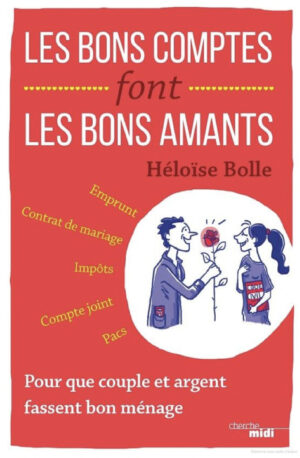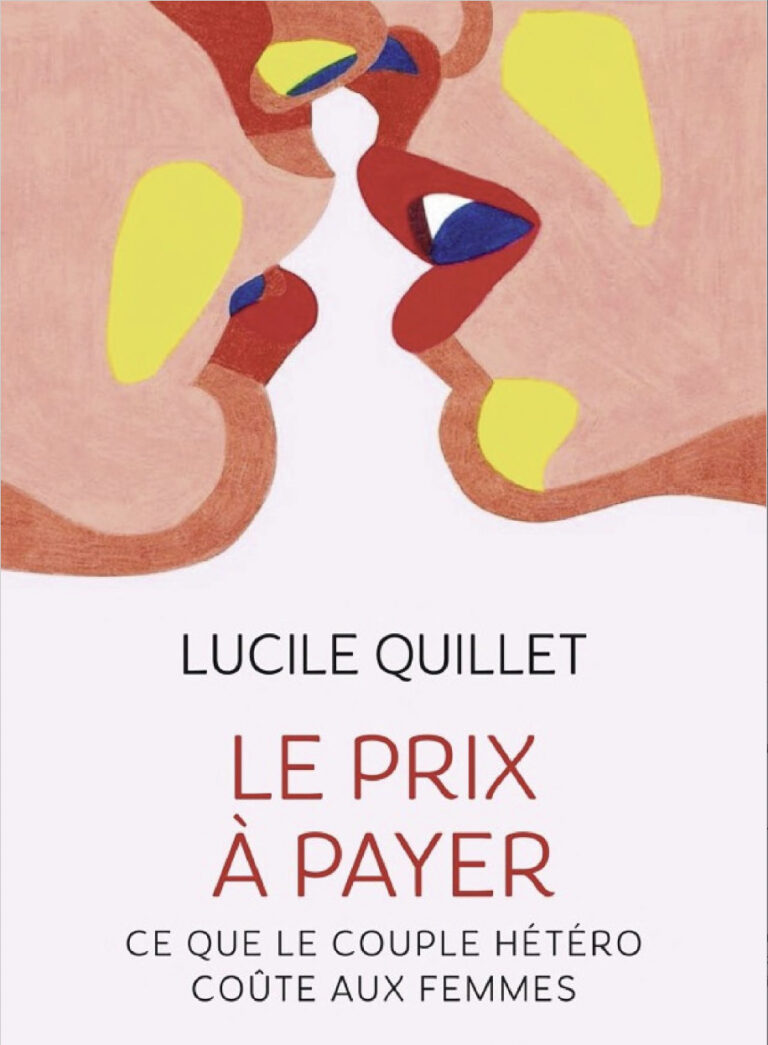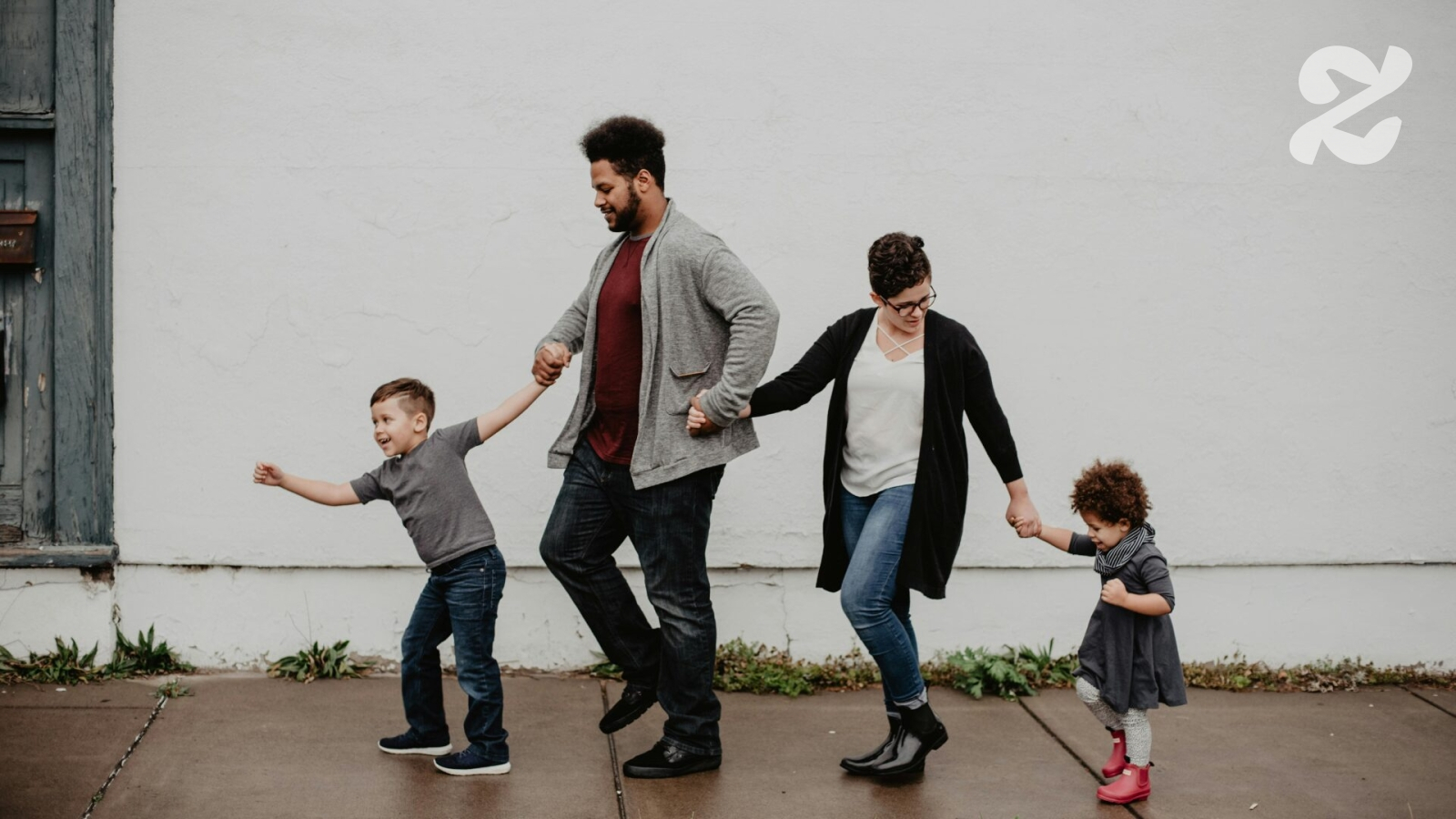Expenditure control, deprivation of resources, economic blackmail… many women are exposed to economic violence by their spouses, aimed at depriving them of their financial independence. This violence has many facets and is unfortunately still little recognized today. It is one of the most difficult forms of violence to identify, so much so that it will soon be the subject of an awareness campaign by the Solidarité Femmes association.
Despite their insidious nature, economic violence is far more widespread than it appears: According to calls to 3919, the national reference number for women victims of violence, 20% of female calls report economic violence within their own couple. This is why more and more activists are taking up the topic, especially after the #MeToo movement, which made free speech on the subject of gender-based and sexual violence possible.
Today there are many books dealing with this topic, including that of Héloïse Bolle, entitled Good accounts make good loverspublished in 2019. An essay that pioneered a new profession for the author, which notably allows her to advise women financially and guide them when they face a breakup or divorce:
“At the time of separation of property, very often, women end up with nothing, or very little. In any case much less than her husband. In many cases they have taken part-time jobs to look after their children, have given up career prospects to run the household. During this time, the husband had time to grow in his career and get rich. The money is therefore no longer equally distributed at the time of divorce. This kind of situation is very expensive for women. They are very generally victims of economic injustice, even in some cases of violence.

The straight couple, a place of impoverishment for women
If many women find themselves in precarious situations when they want to end their relationship, as Héloïse Bolle observes every day, it is no coincidence: it is above all because the heterosexual couple proves to be a real place of impoverishment for women. Unfortunately, they only realize this when they separate, when they want to regain their independence, as Héloïse Bolle points out, due to lack of financial awareness:
” In separations it is the women who toast. At first they don’t realize that they are poor, that the couple has impoverished them, because they have been living for years in an economic entity where everything is a bit vague. »
See this post on InstagramA post shared by Héloïse Bolle-Oseille & cie – Personal finance (@oseille.et.compagnie)
But then why, in a couple where everything is shared, is it possible for one to end up with a lot and the other with nothing? According to Lucile Quillet, journalist and author of the essay The price to pay dedicated to the costs of the heterosexual couple for women, the reason is more related to the fact that the costs in the couple are gender-based, so the economic advantage goes to the men:
“In a heterosexual couple, expenses are gendered, and this from the very beginning of the relationship: the woman will prefer to spend her money on everything that is perishable such as daily groceries, clothes, etc., while the men will spend more for real business assets, taxes, higher value goods. The so-called men’s expenses allow for long-term capitalization, not the expenses attributed to women. »

Small wonder, then, that upon separation of property, most of the valuables go to the man and not to the woman.
In her essay, Lucile Quillet also notes all the expenses women have to incur in order to stand out on the “nice girl market,” as Virginie Despentes calls it in her essay. King Kong theory. Expenses related to aesthetics that may seem essential to be able to claim a union: make-up, waxing, hairdressing, etc. Otherwise they would be at a disadvantage in the love market, continues Lucile Quillet:
“In addition to all these expenses that are borne by the woman, if we take into account that in 75% of couples it is the man who earns the most, it is common for the woman to leave her job to take care of children when it comes to having children. This type of situation places women in a situation of financial dependence, and therefore of vulnerability, favorable to abuse and violence.
Economic violence, a violence trivialized and difficult to identify
While the vulnerable position is a breeding ground for abuse and violence, financial dependence can often lead to economic violence. Violence difficult to define and identify, because trivialized, in a world where couple rhymes with economic and financial alliance, Lucile Quillet recalls:
“What could be more common than a joint account when you start a relationship or get married? However, it confers a right of control which can be violently exercised by the person who has the power, or in other words the money. In many cases, economic violence is carried out with the consent of the institutions: the bankers, the CAF which withdraw aid from those who earn less on the pretext that they have a relationship with someone.
How to identify violence in this way? We can consider that they begin as soon as the issue of money is used to exert pressure, as soon as it constitutes a taboo subject that cannot be addressed, under the pretext that love and money are not related, says the author:
“The problem is that we have the idea that when you love, you don’t count. But he is wrong. We also tend to consider the couple as a space of solidarity. Only, in many cases, it isn’t, and it even perpetuates the system that maintains the dominance of women.
A sexist relationship with money that begins in childhood
If the relationship of economic dominance of men over women within the straight couple can be explained in different ways, in his essay titled marriage and money published in October 2022, journalist and author Titiou Lecoq talks about sexist prejudices related to money, which are established from early childhood:
“We don’t educate girls and boys equally, especially when it comes to money. From an early age, as adults, we establish a different dynamic depending on the gender of the children: we tend to give more and first pocket money to boys, while we tend to give gifts to girls, to give them less financial independence. »

A situation that sets very soon boys in a position of strength and power with respect to money and girls in a position of weakness and passivity. Growing up, these mechanisms are thus internalized and are destined to reproduce themselves in adulthood, especially within heterosexual couples, continues the essayist:
“Men have internalized that money is their business, while women tend to feel like they deserve less money and may feel less comfortable owning and managing it, as if it bothers them less, as if they are less legitimate in the face of a man “
While this fact in no way justifies economic violence within couples, it does explain its systemic nature and the fact that it is widespread. Like all other types of violence, in short.
Front page photo: excerpt from the Eye Money campaign of the Solidarité Femmes association
Source: Madmoizelle
Elizabeth Cabrera is an author and journalist who writes for The Fashion Vibes. With a talent for staying up-to-date on the latest news and trends, Elizabeth is dedicated to delivering informative and engaging articles that keep readers informed on the latest developments.




